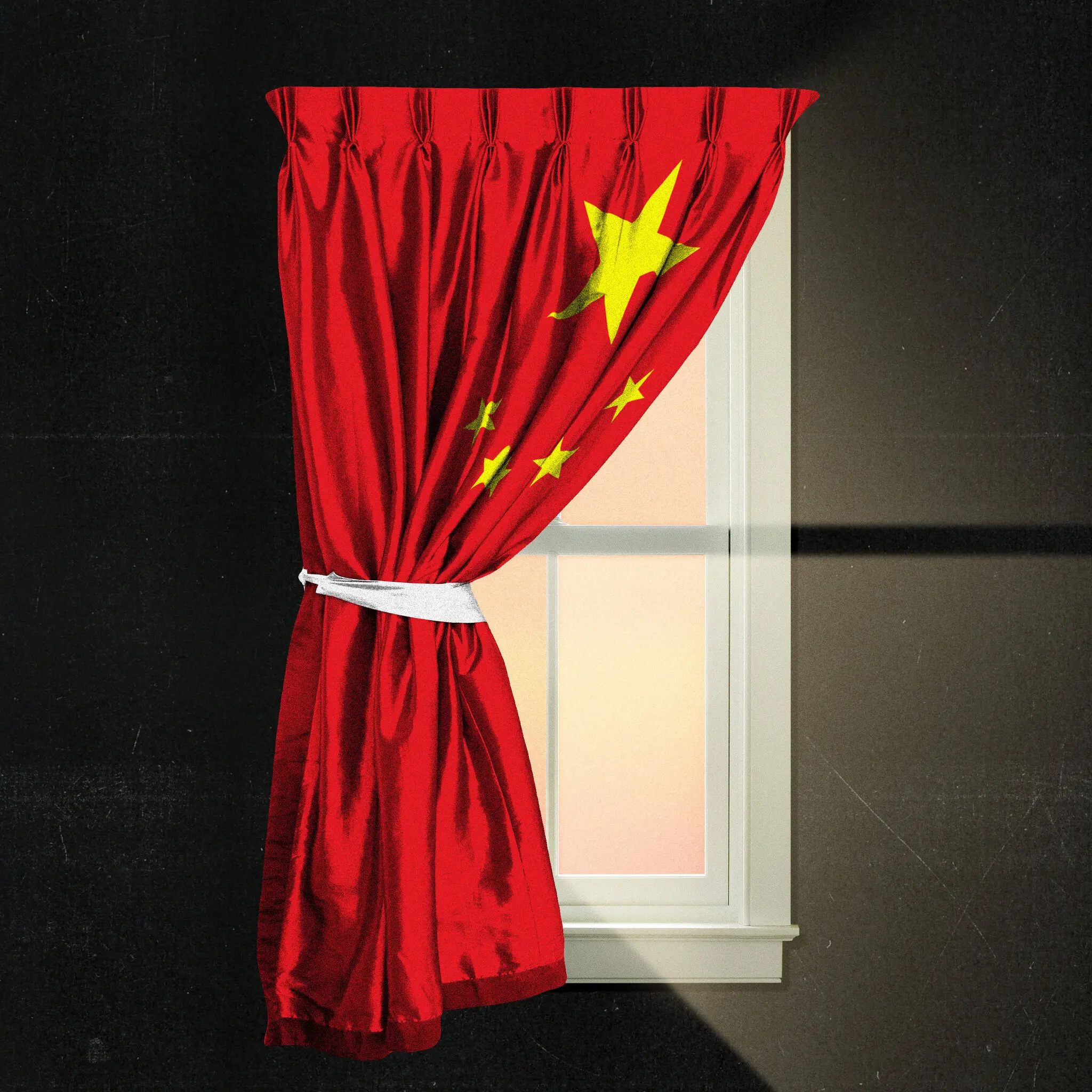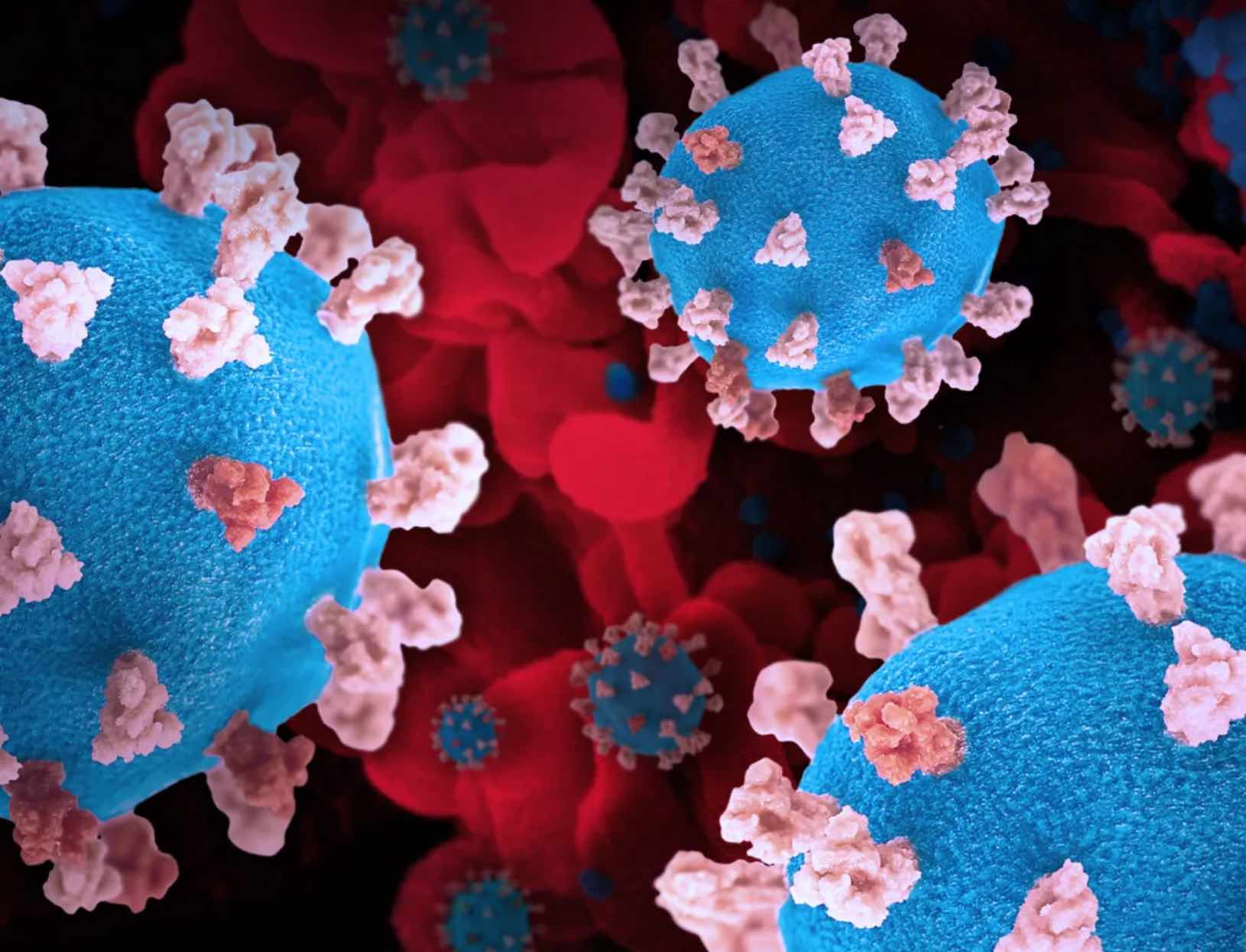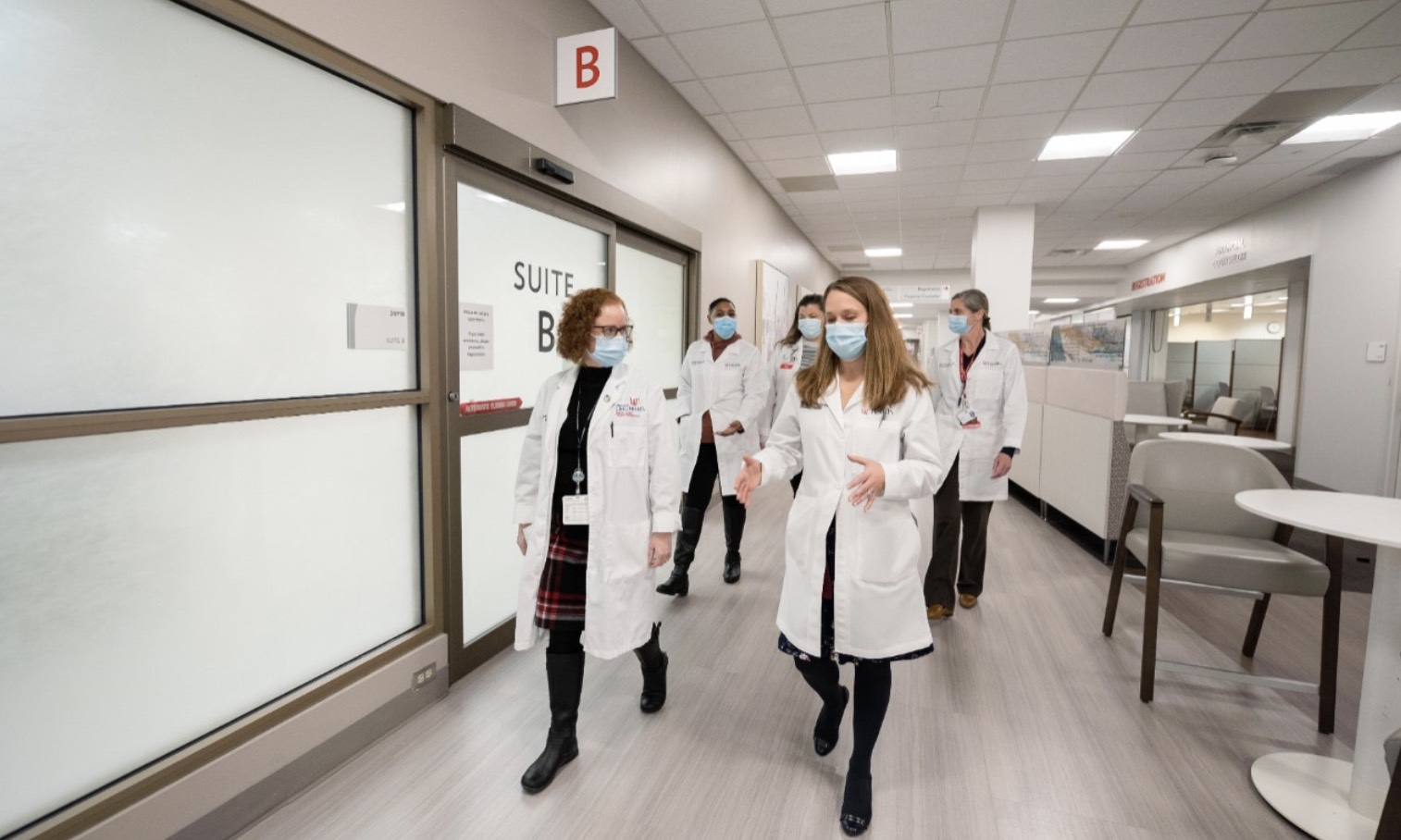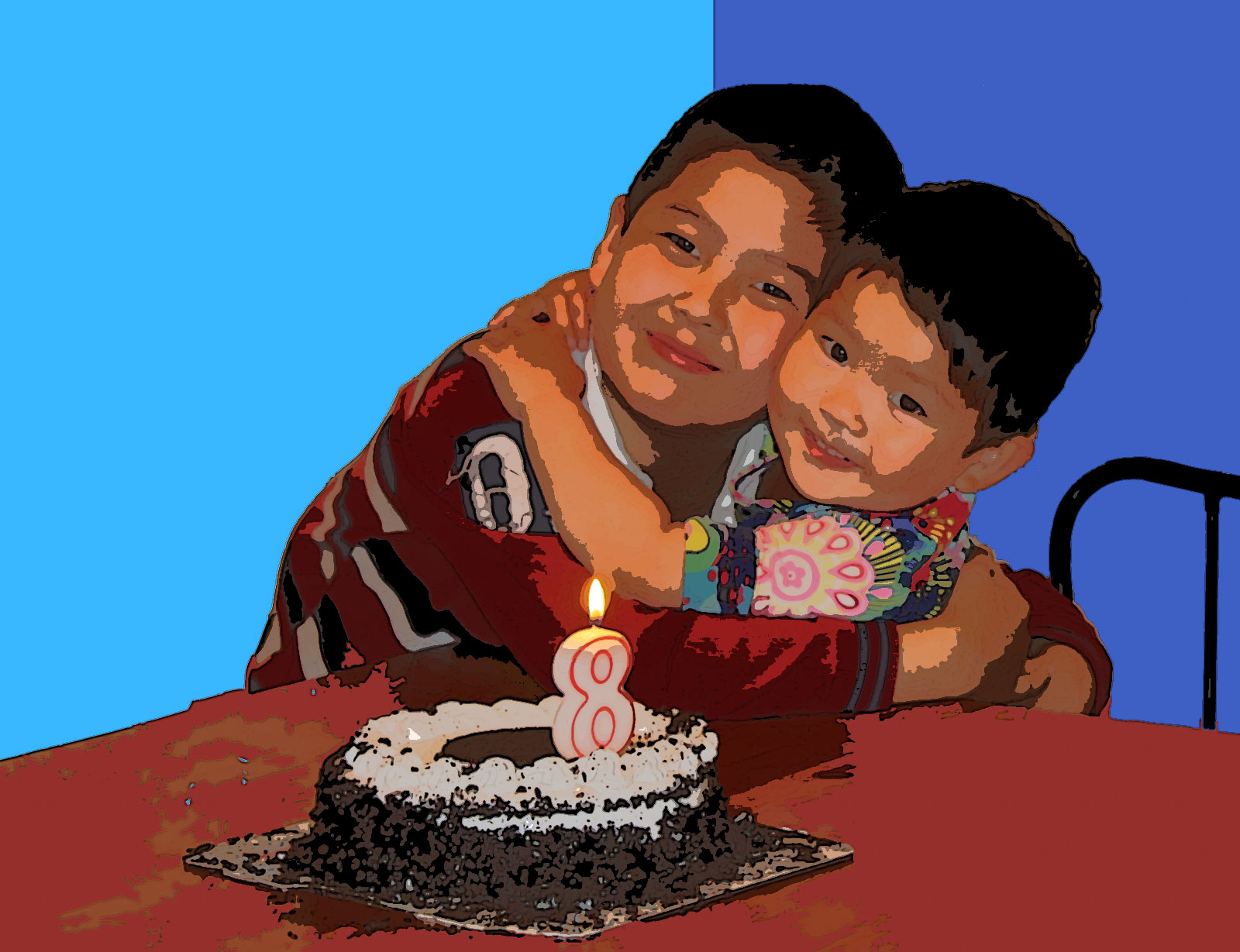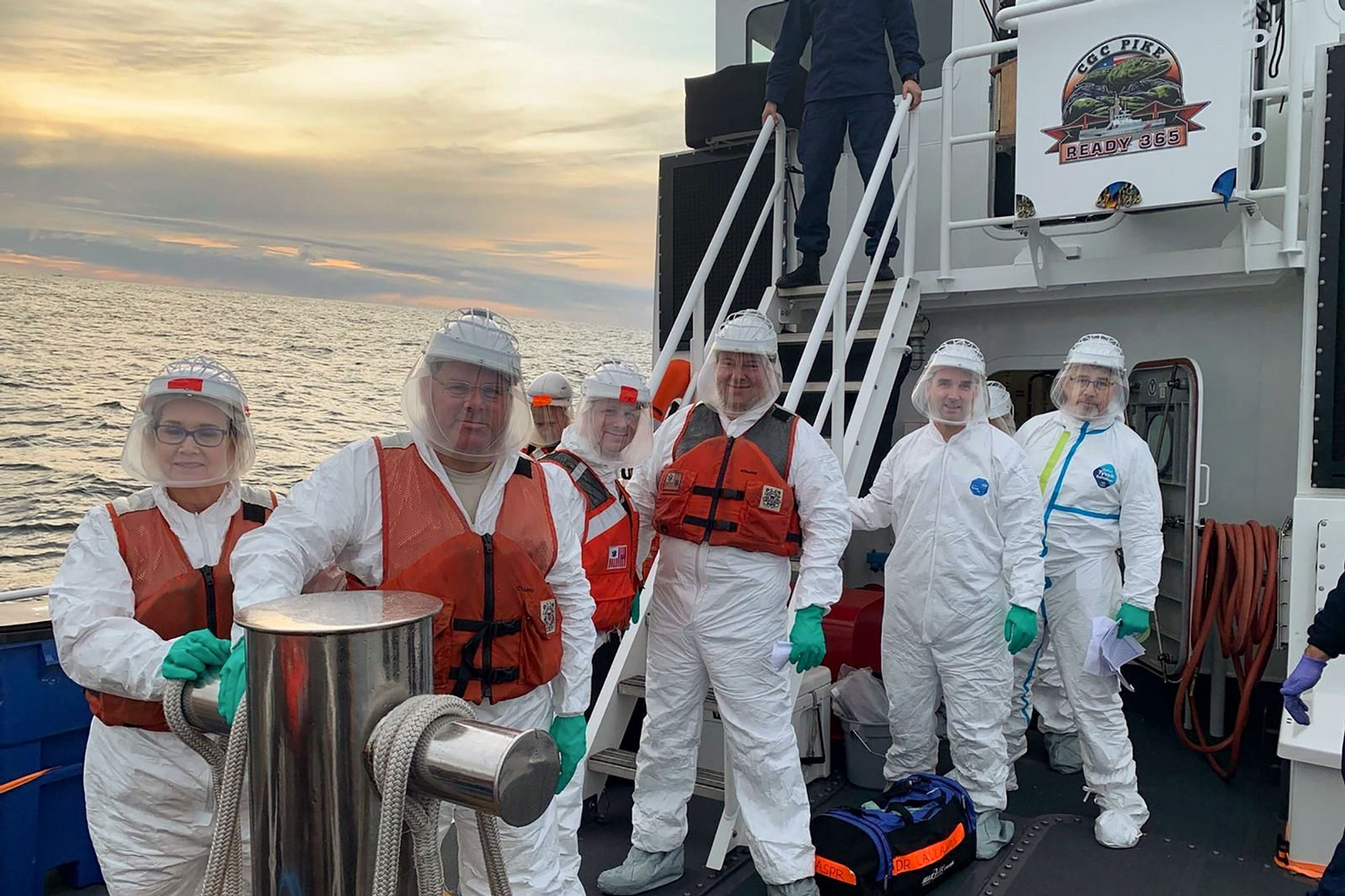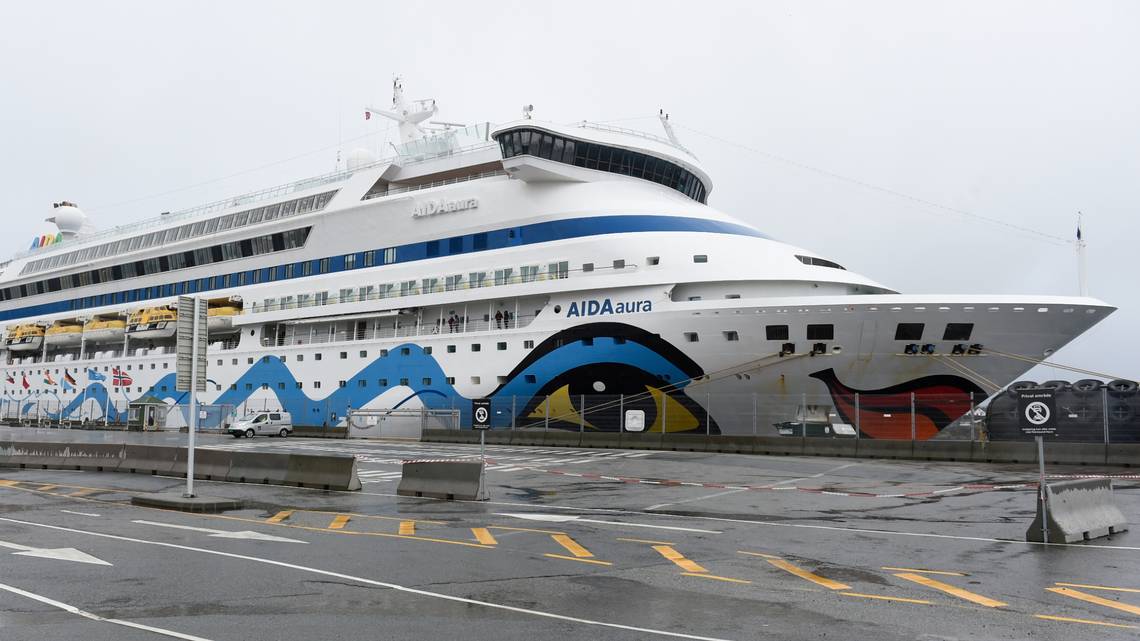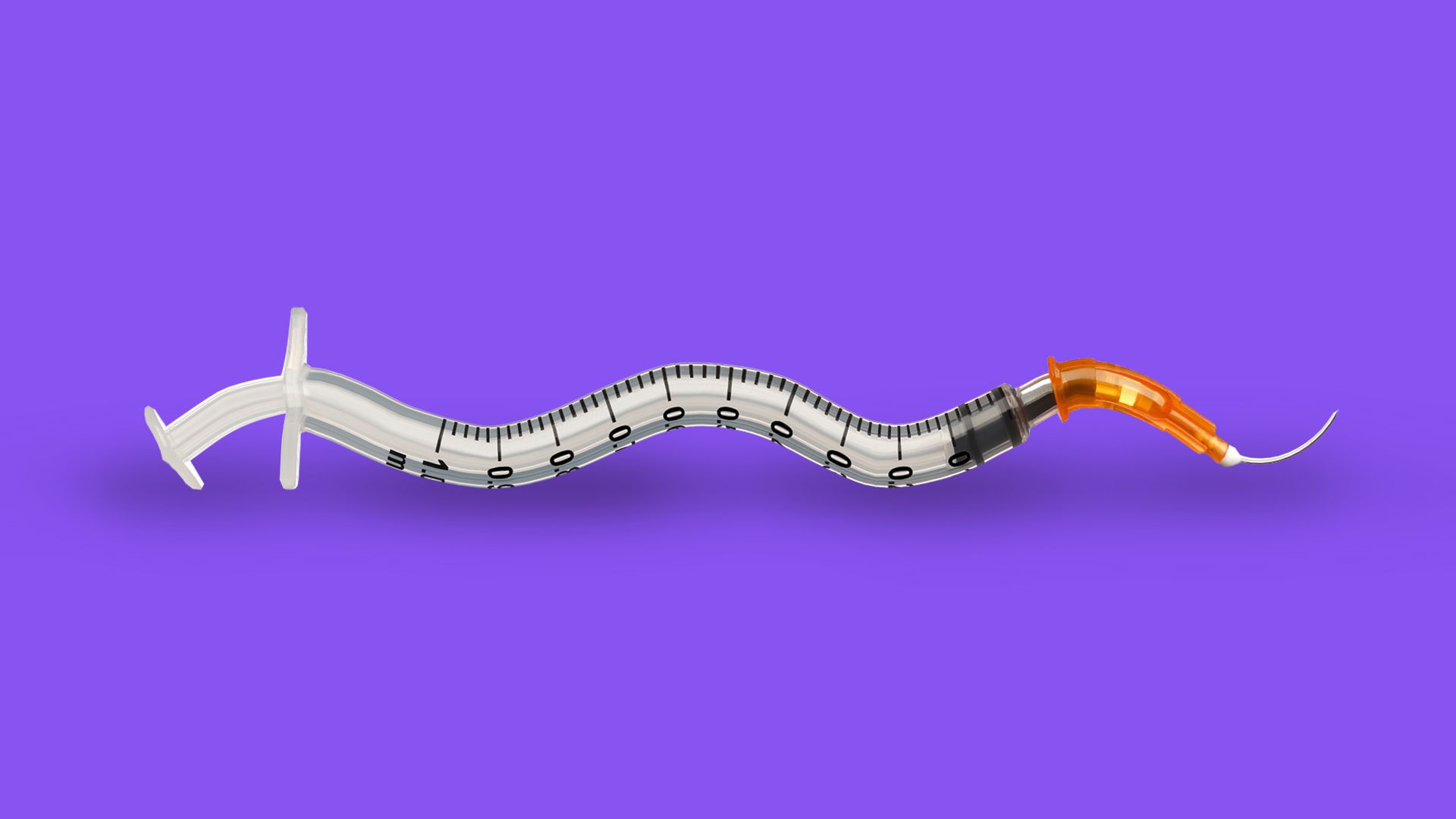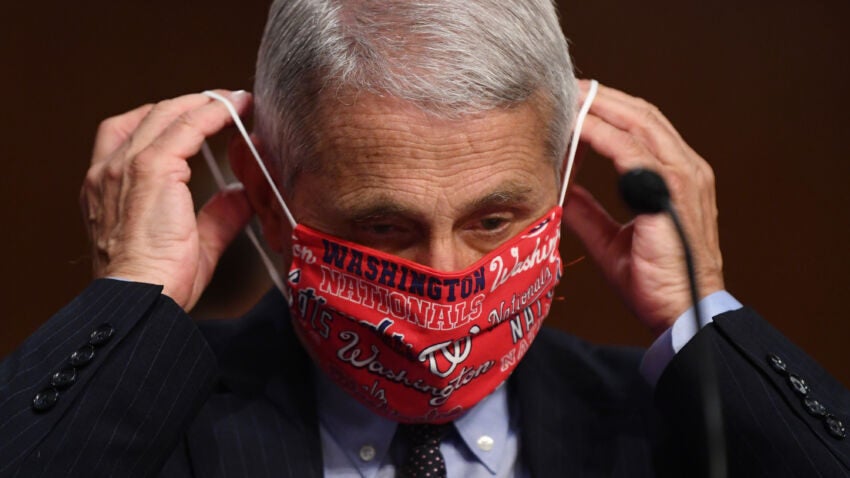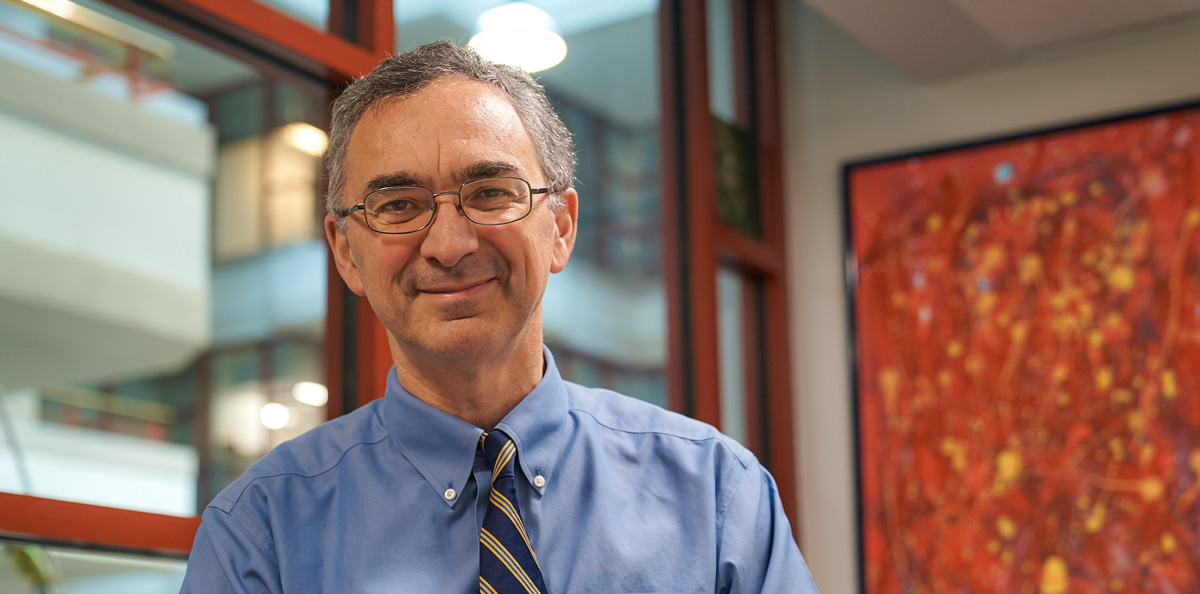Dr. Michael Callahan is a Staff Physician at MGH in internal medicine and infectious disease and the Director of clinical translational research at VIC. Since 2002, Dr. Callahan has investigated disease outbreaks in Asia. He recently published a piece in the NY Times covering the implications of China’s end to their zero COVID policy and how the U.S. could indirectly help the country avoid COVID catastrophe.
Optimized ACE2 decoys neutralize antibody-resistant SARS-CoV-2 variants through functional receptor mimicry and treat infection in vivo
As a result of evolution under the selective pressure of early-stage pandemic therapeutics and vaccines, plus natural immunity, severe acute respiratory syndrome coronavirus 2 (SARS-CoV-2) is becoming endemic. Concerns rise as SARS-CoV-2 variants continue to emerge with resistance to currently available monoclonal antibody therapeutics. Recent research led at Dana-Farber Cancer Institute and with direct involvement of the VIC team at Mass General Hospital, investigates the potential in developing a decoy drug therapy that may be capable of treating common and arising variants of SARS-COV-2. The decoy drug uses angiotensin-converting enzyme 2 (ACE2) decoy receptors, previously proposed as a therapeutic for COVID-19. These ACE2 decoy receptors engage the receptor binding domain of the viral S protein and outcompete human cell-surface viral binding, effectively neutralizing viral infection. Also, as the viral binding domain of the ACE2 decoy is identical to cell-surface ACE2, resistant variants are not likely to emerge as any mutations that reduce affinity of the virus for the decoy reduces viral infectivity. Research findings provide new insight to ACE2 decoy functionality and indicate potential in further development as a therapeutic for ACE2-dependent coronaviruses.
Investigating Cancer Immunotherapy Effects on COVID-19 Outcomes
Recent findings from research led by University of Cincinnati researcher Trisha Wise-Drapher illuminate the effect of immunosuppression and immunotherapy for patients with cancer and COVID-19. This investigation began with a primary focus on understanding the effects of immunotherapy on COVID-19 severity, specifically if immunotherapy treatment is associated with worse clinical outcomes for cancer patients with COVID-19. The data of 12,046 patients was reviewed and evaluated with metrics including: whether patients were admitted to the hospital, if they required oxygen, or required ICU care. These analyses suggest that patients infected with SARS-CoV-2 that had baseline immunosuppression and followed immunotherapy treatment may have poorer clinical outcomes, whereas patients with immunotherapy alone had no change in outcome quality.
IBD Patients Like Eric Prompt More Questions About COVID-19
A piece on Crohn’s written by Student intern at VIC, Eric Chen.
“I began to feel ill the night of my eighth birthday. Less than a month later, I was diagnosed with Crohn’s disease. Having just barely finished second grade, I didn’t know what this disease meant or its severity — let alone what the condition had in store for me. Since my diagnosis nearly a decade ago, I have luckily required relatively minimal treatment and experienced no subsequent flare-ups. Now, living through the COVID-19 pandemic as a high-school senior, the potential implications of the virus have caused newfound worry for me and my loved ones…”
A Virus-Hunter’s Advice on Dealing with China’s Resistance on Covid
A Politico piece authored by Michael Callahan, Director of Clinical Translation at VIC
Hardball is the wrong technique to get China to open up about the early spread of the pandemic. A successful but little-known global disease program offers a much smarter approach.
“The origins of the pandemic have huge importance to science, to medicine and to global security, but nearly two years after the first known infection, the search is stalled. The high-profile release last month of the U.S. intelligence community’s report to President Joe Biden only confirmed how little progress has been made: After a 90-day investigation, it offered two long-familiar theories. Either the virus originated from natural human exposure to an infected animal, or it escaped from a biocontainment laboratory. There was no consensus on which was more likely.
There’s a good reason we don’t know more: The government of China has consistently obscured the events around the early coronavirus outbreak and resisted providing key information to American investigators and even to the World Health Organization.
This doesn’t automatically mean China was…”
COVID-19 infections trouble ships as companies try pandemic cruising in Europe, Tahiti
Michael Callahan, MD, Director, Clinical Translation at VIC, was deployed to cruise ships to provide emergency medical help during the COVID-19 outbreak earlier in the year and is now assisting with advice on continuity of business. The cruise ship articles in the Miami Herald, of which this is the latest, prompted a WHO Working Group to reduce international spread to which Michael has been invited.
It’s not over when the vaccine arrives
Mark Poznansky interviewed for a report on Axios.com by Alison Snyder and Sam Baker
What you should know about the race for a COVID-19 vaccine, treatment, and testing
“Boston is playing a big role in the long-term fight against COVID-19.
It is easy to take scientific progress for granted when the world is held hostage by a virus. While no one can guarantee we will develop a successful COVID-19 vaccine, the pace at which clinical research teams are working — and collaborating — is unprecedented.”
Recent Boston Globe Piece by: Jacqueline Lisk
How Fauci, 5 other health specialists deal with COVID-19 risks in their everyday lives
“As Americans learn to live with the coronavirus, many are struggling with decisions about which practices are safe or risky for them. The Washington Post asked six public health/infectious diseases specialists about their own behavior choices. Their responses have been edited for length and clarity…”
Latest Updates on the COVID-19 Vaccine, Halovax
Dr. Poznansky returns to Cheddar news to discuss the latest updates on the COVID-19 vaccine, Halovax.


